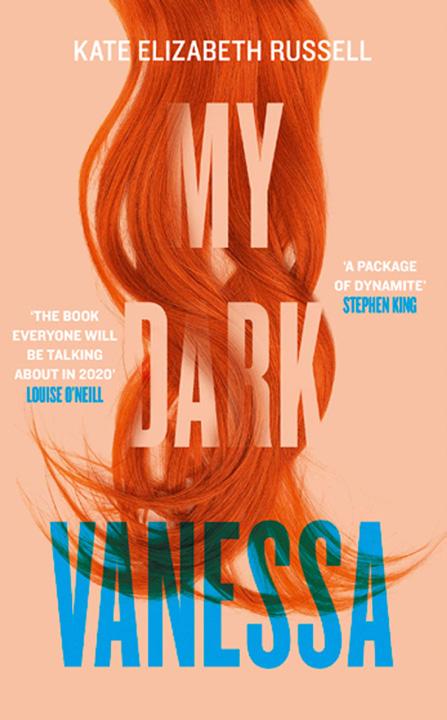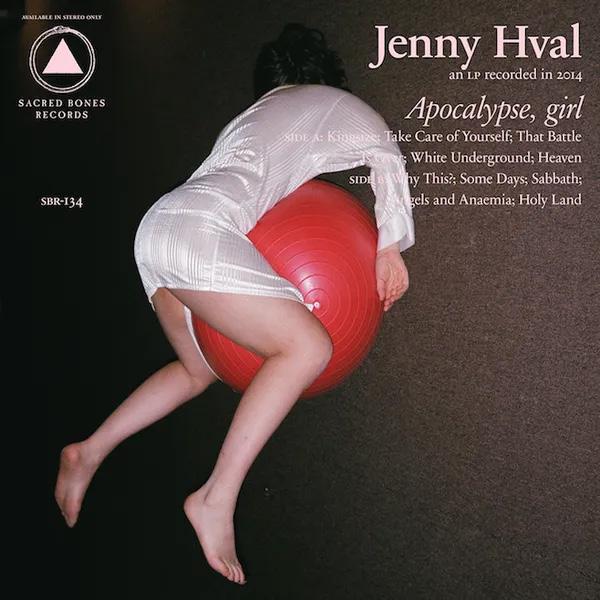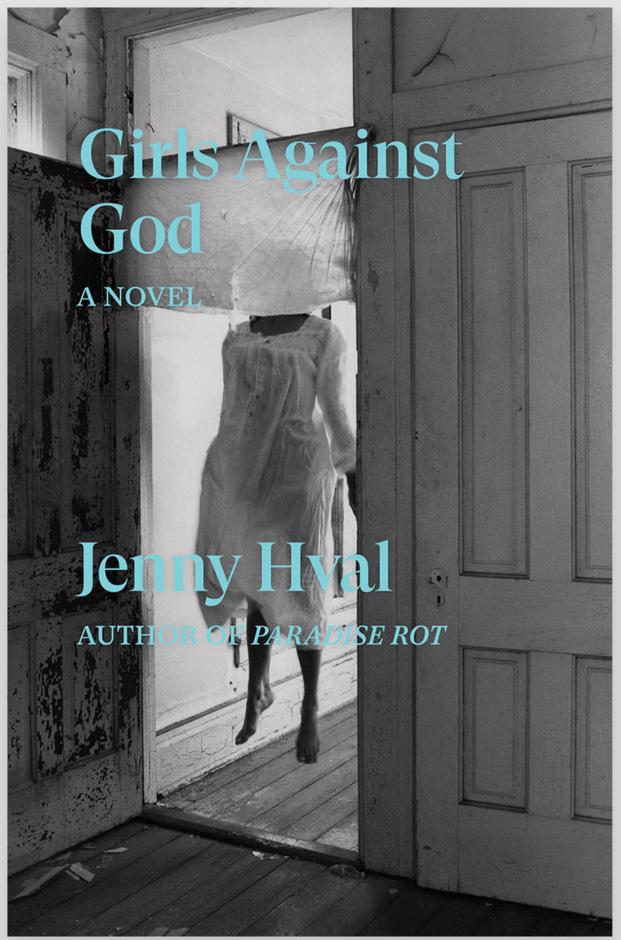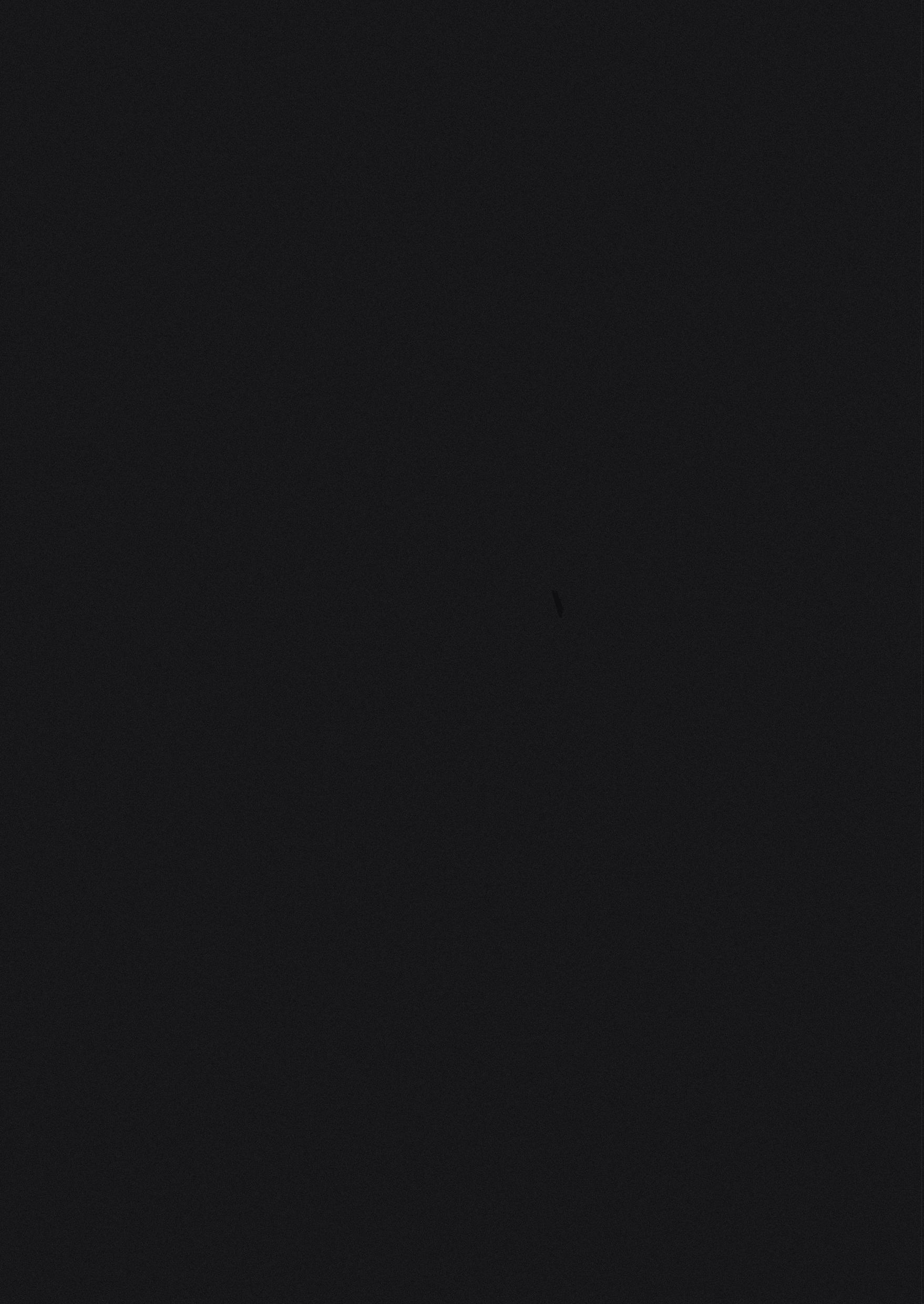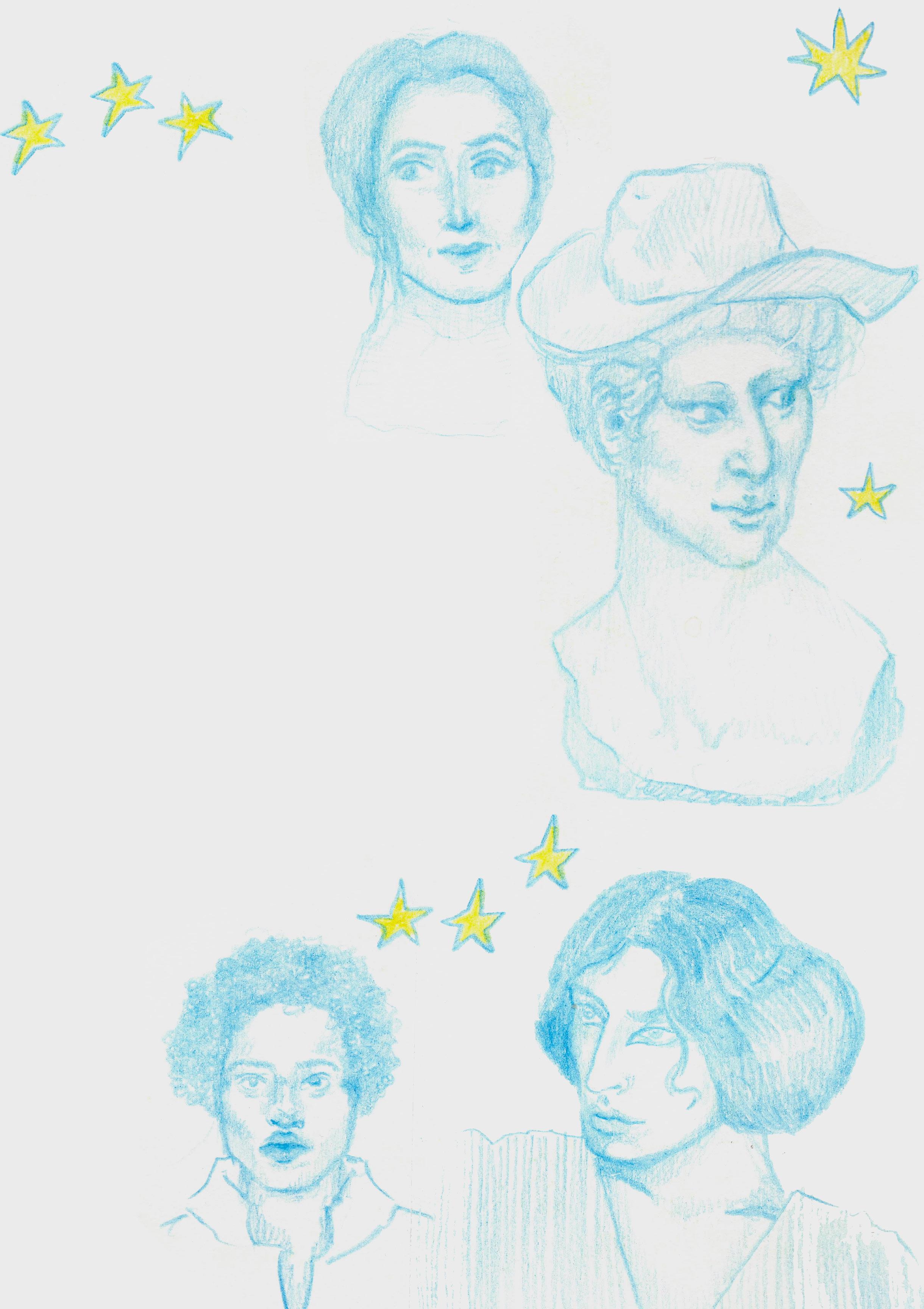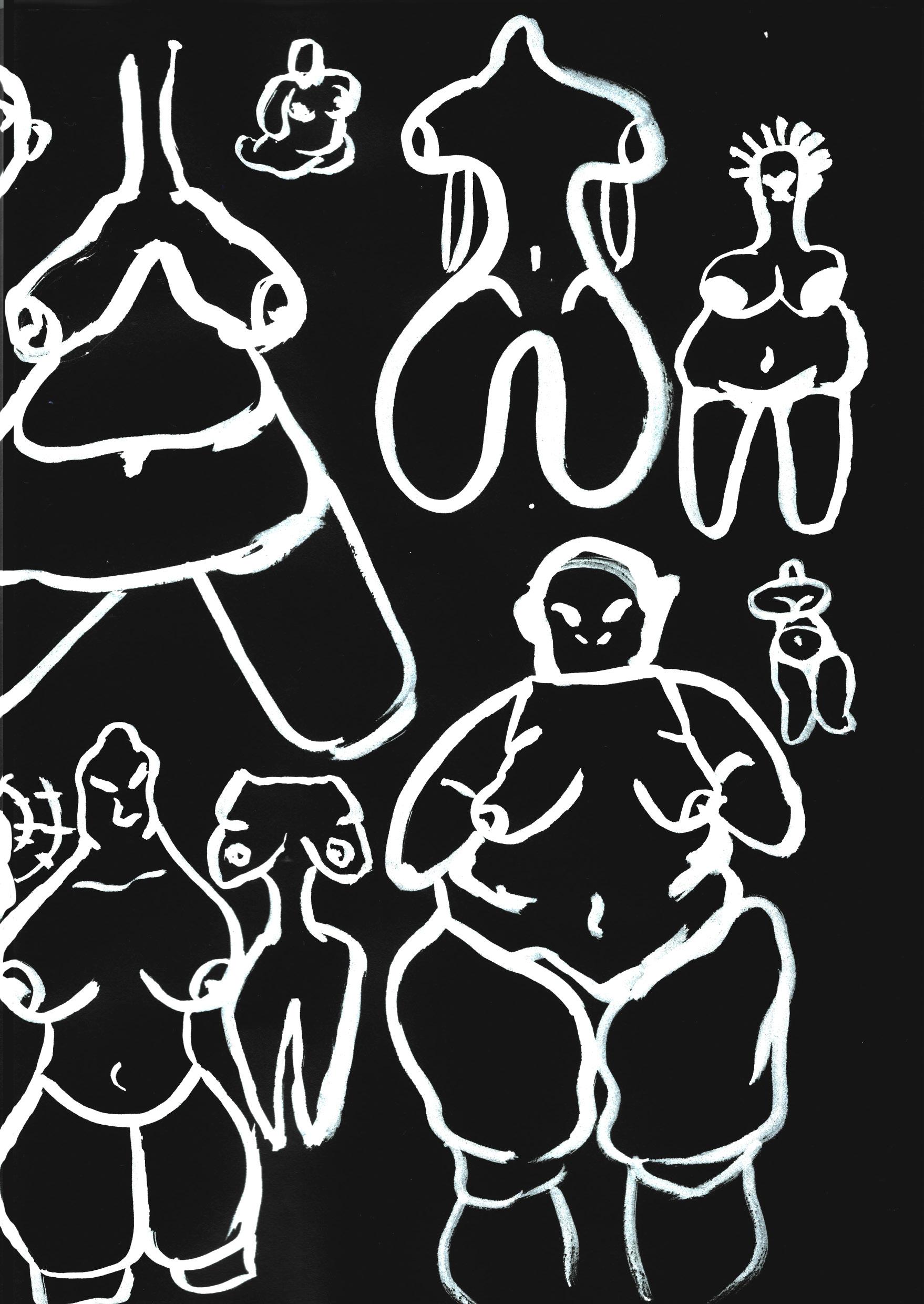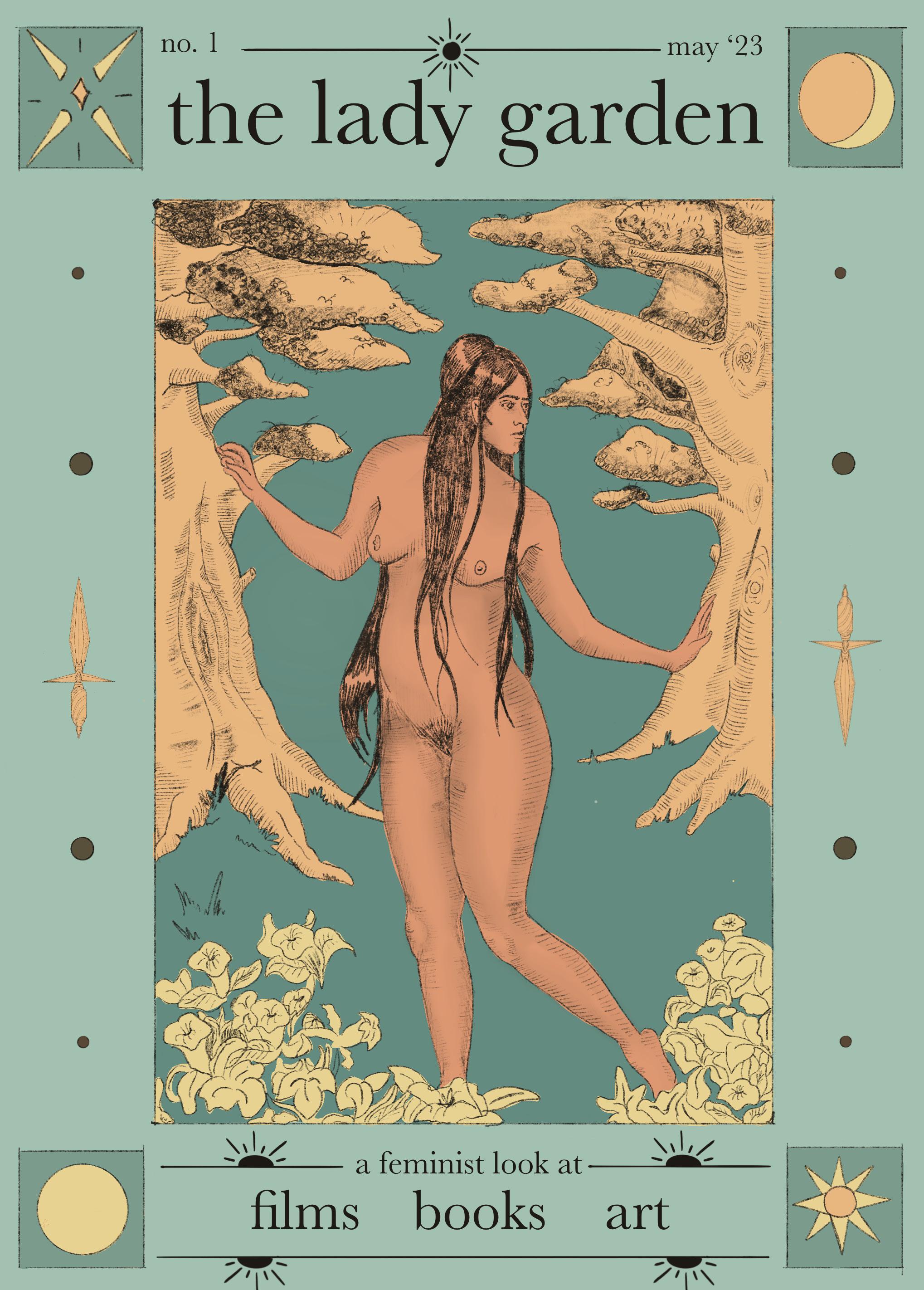


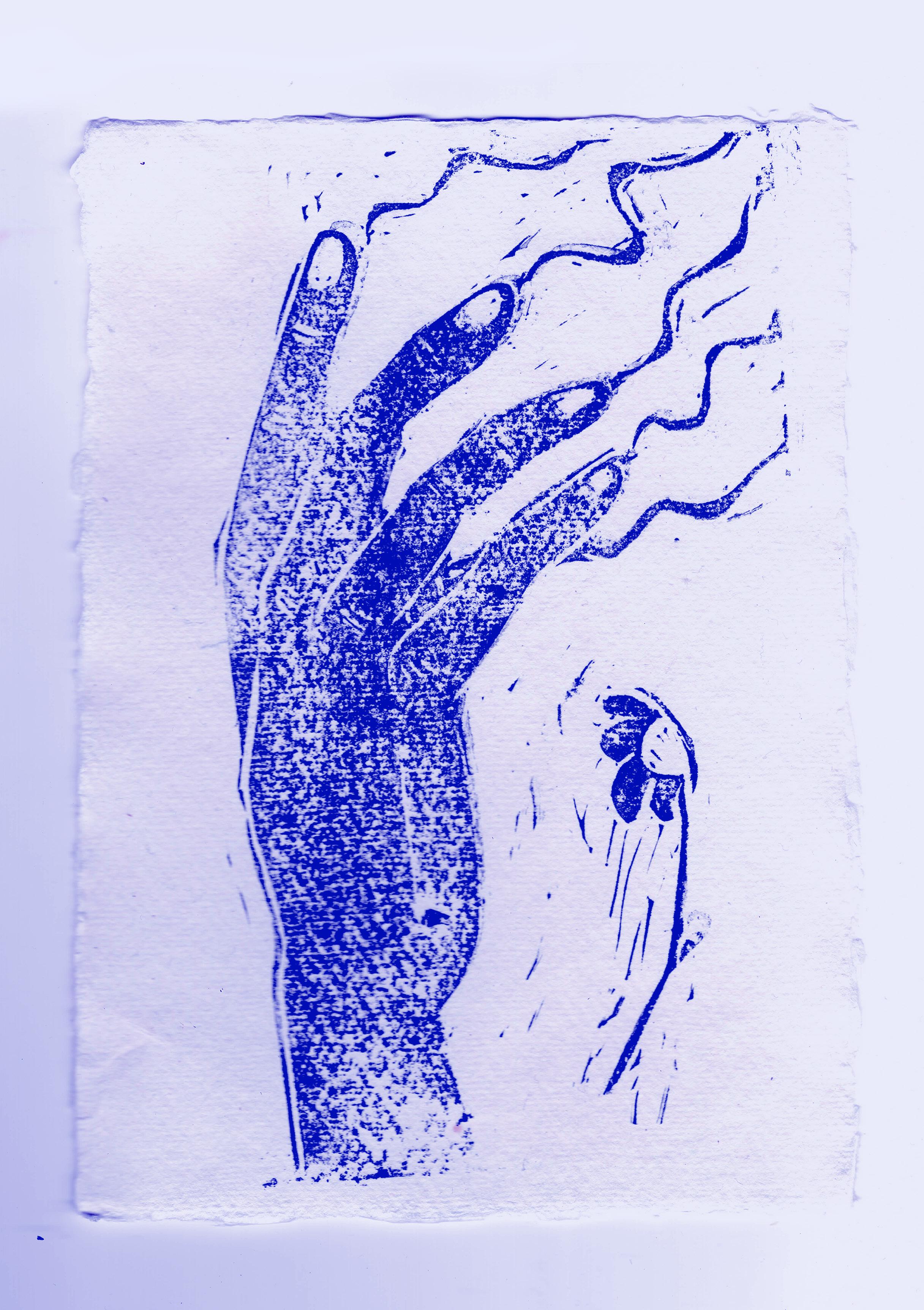

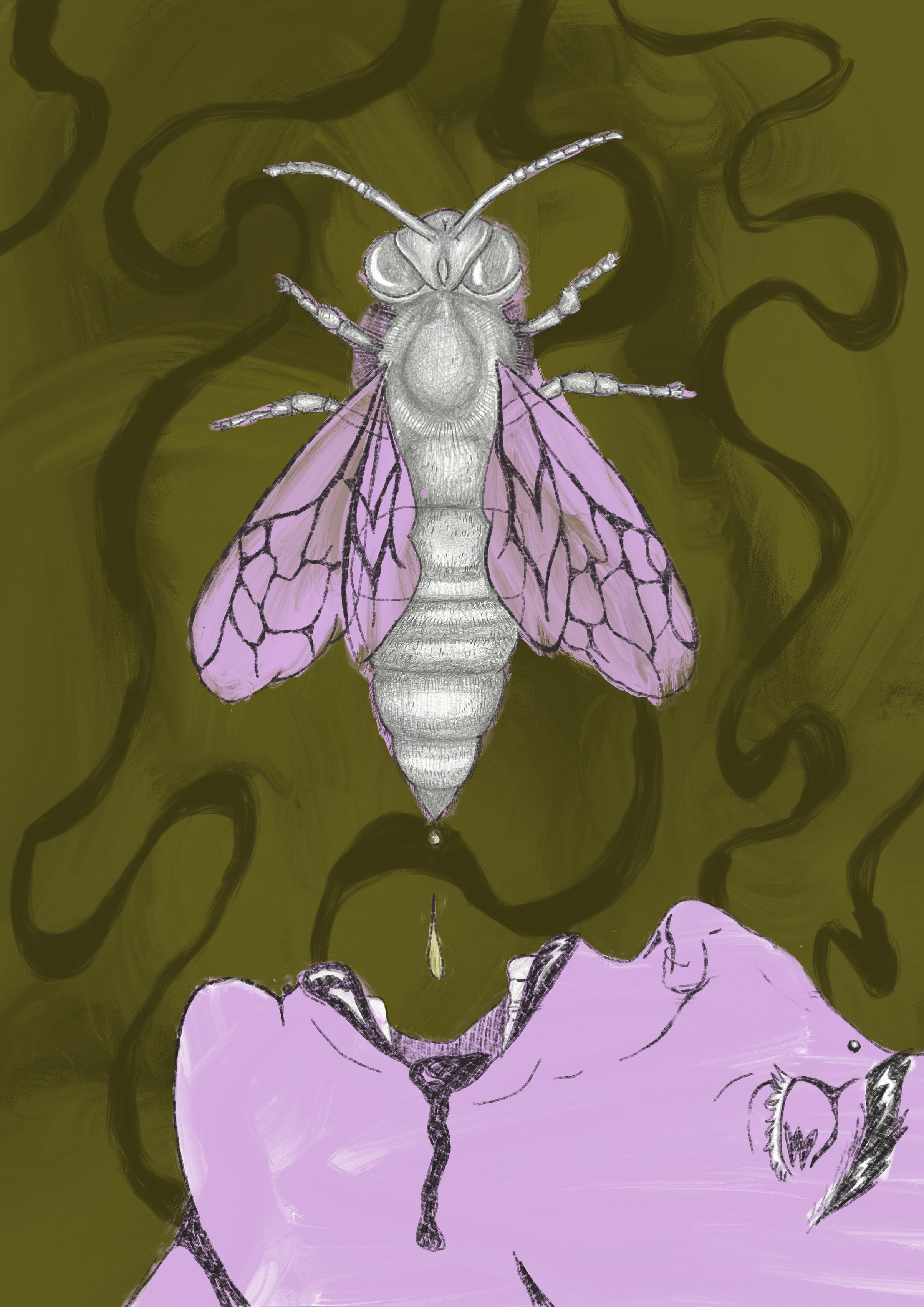
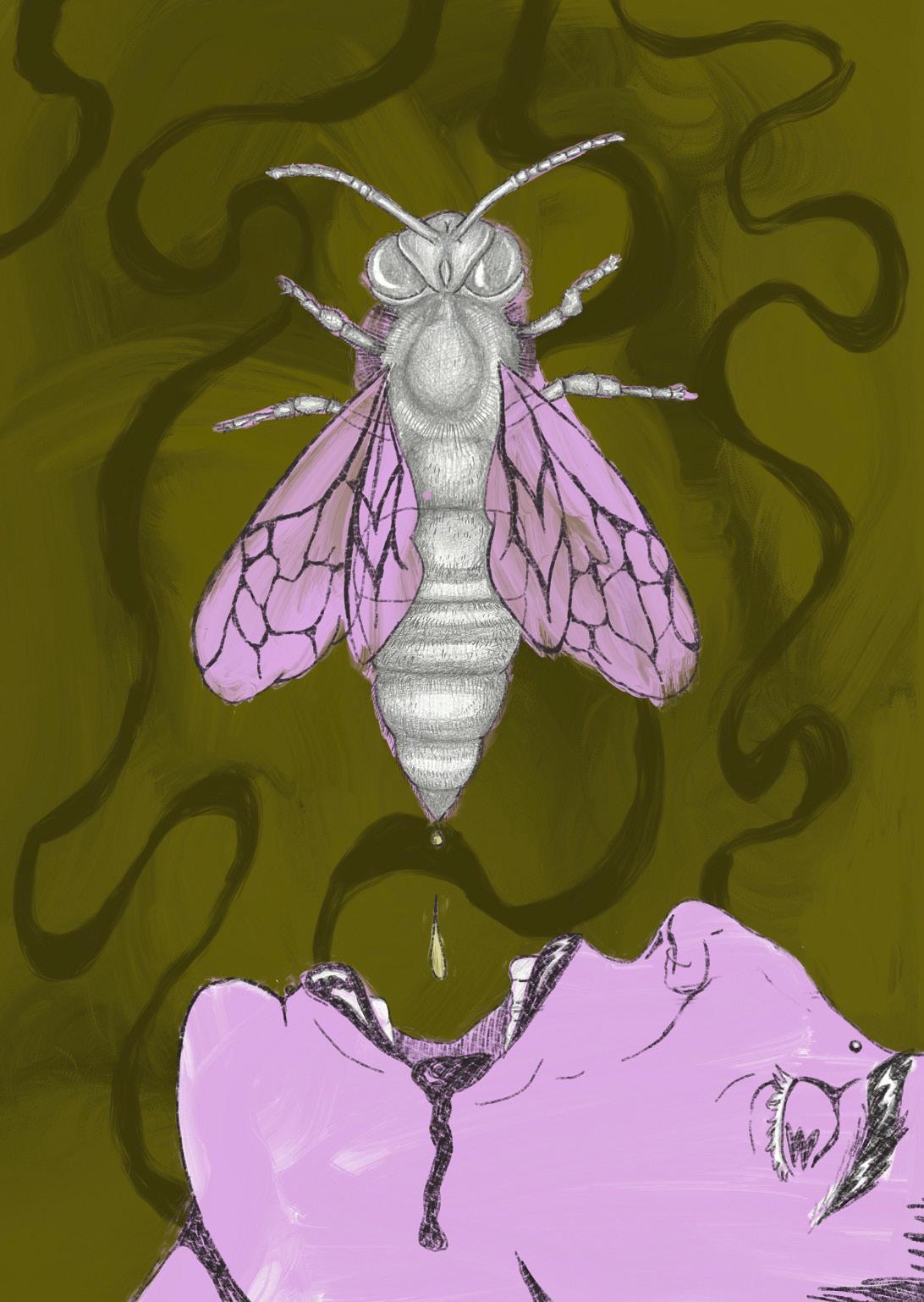
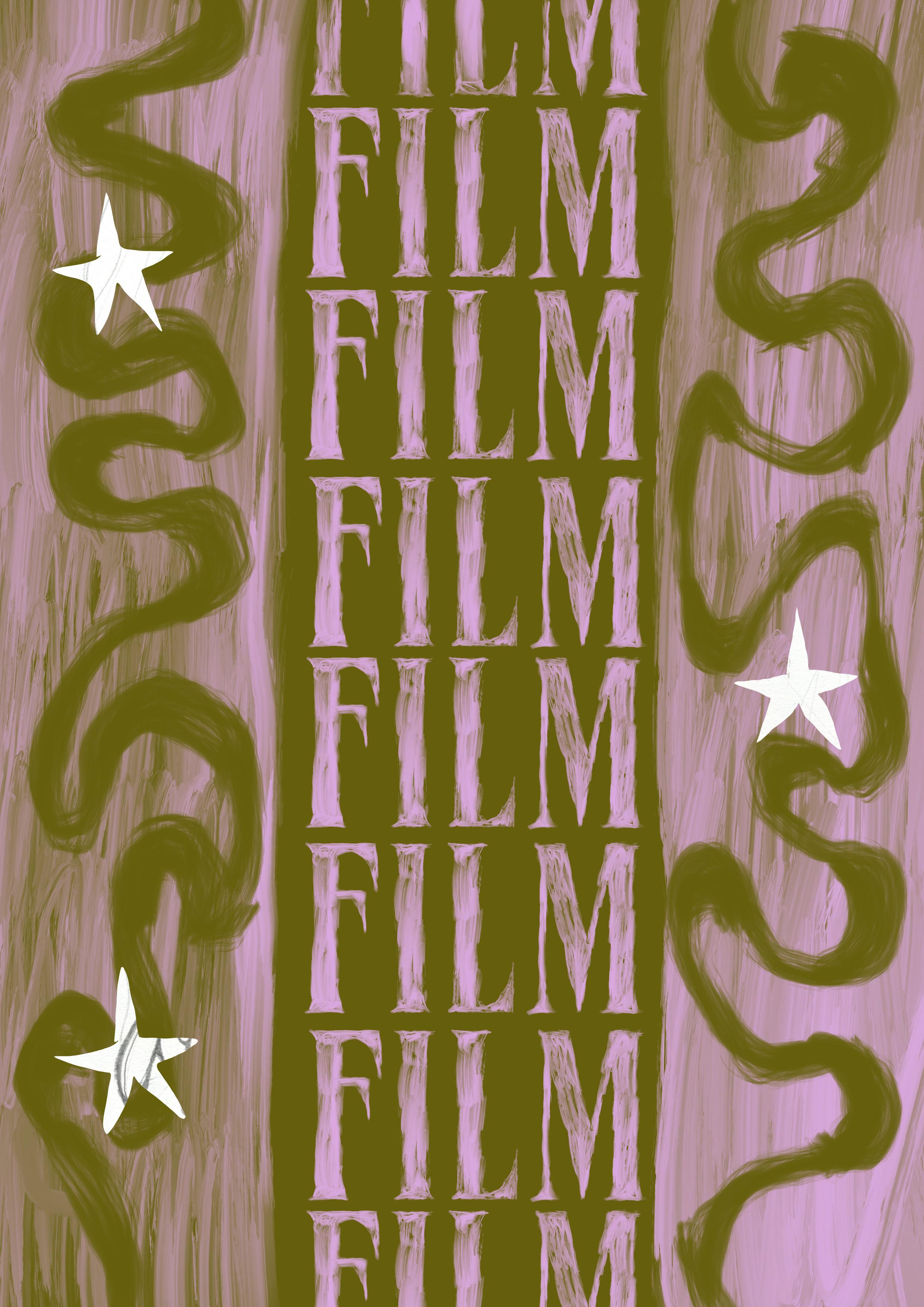
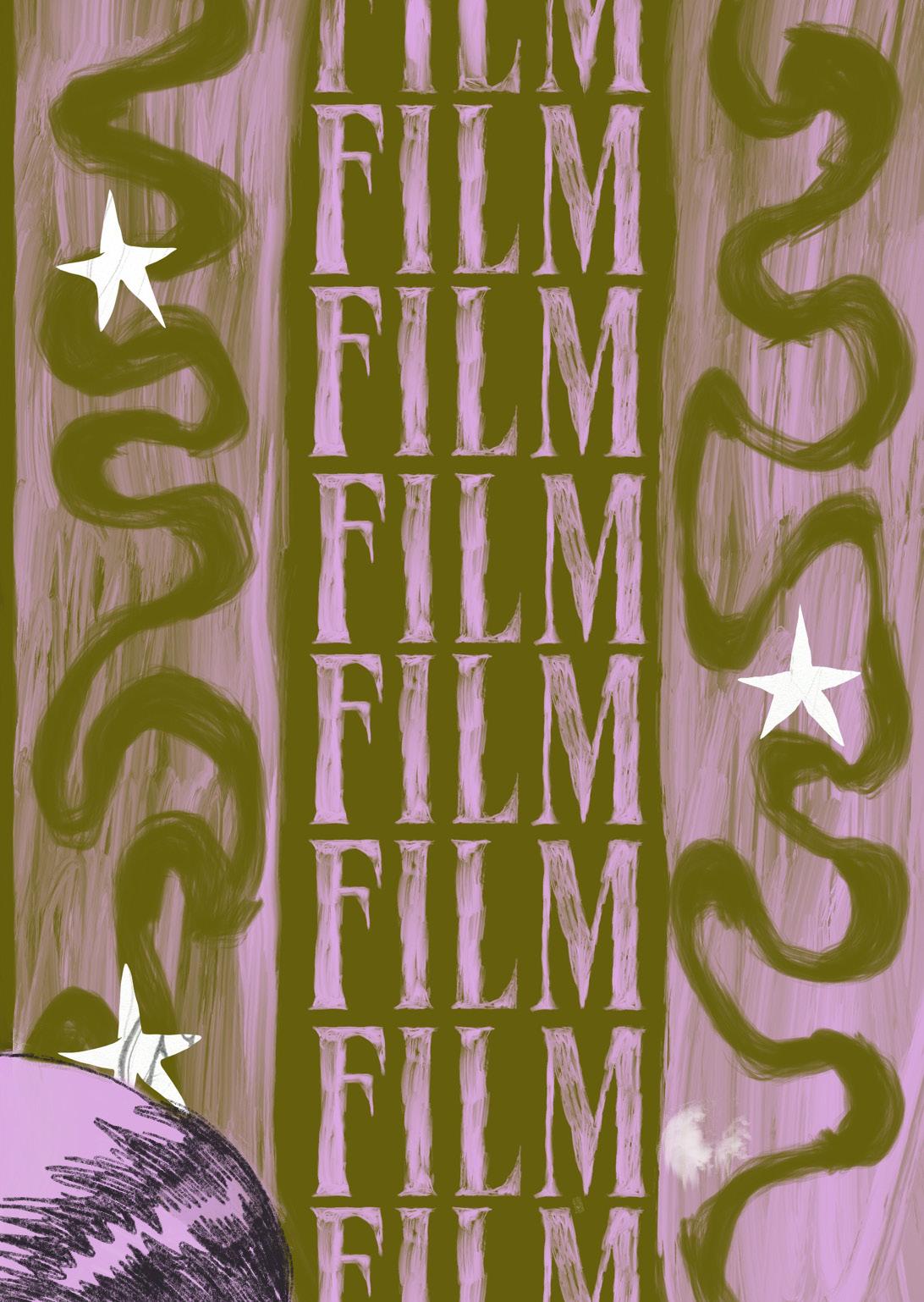
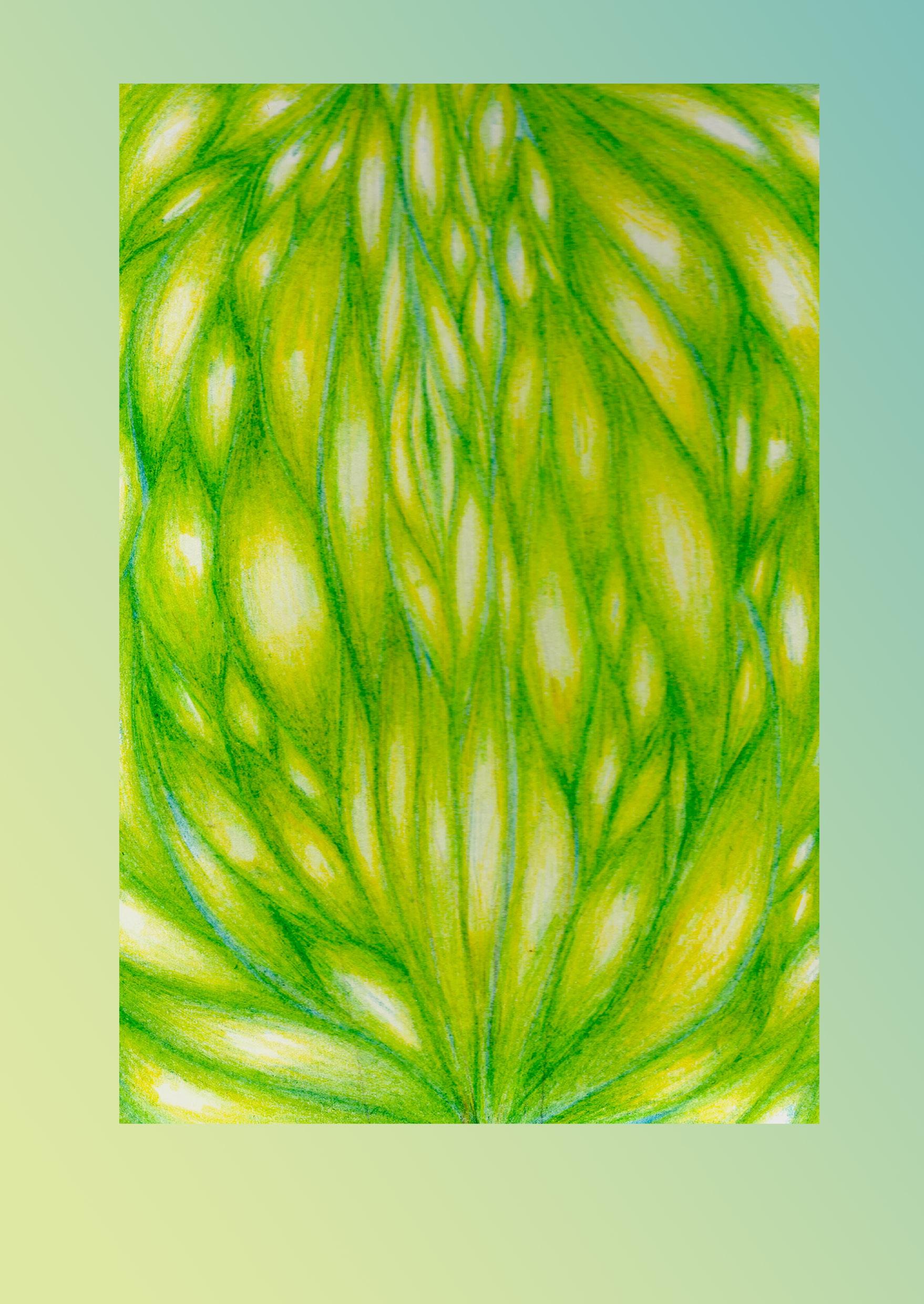
Mother

Nature is a feminine presence that reigns rampant in cinema. From Te Fiti in Moana to the symbolism of Jennifer Lawrence in Mother! The personification of the earth being female is a highly drawn upon topic.
The connection of ‘women’. ‘mother’, and ‘nature’ in the term Mother Earth causes distorted essentialisms around the female entity. In media and literature, the Mother Earth is often seen abused for her commodities by opportunistic men. Moana presenting exactly this by Maoi stealing Te Fiti’s heart and thus the power of her rage and thus
destroying the land. She causes punishment after punishment in order to teach a lesson, much like a mother to a child. Though this example is fiction, the truth of the matter is very apparent in today’s society. Fuel and other tycoons are taking the planet for all it is worth, and in response she is melting the ice caps, setting fire to Australia and rising the sea levels. Just for a few examples. Mother Nature is unfairly represented as female, which therefore forever connects women to an unstoppable rage. A rage that can be deduced down to the anthropocentric history of men.
Ihavenarrowed down 4 films that I believe tackle the topic of Mother Nature being a feminine entity with a rage or passion that can consume one’s self entirely. This genre is interesting as it uses a female gaze and an anti male/patriarchal formula which allows the audience an alternative perspective on what most contemporary media offers.
Mother! (2017)



Aranofsky has made a few films that centre around female entity. Black Swan for example showcasing female friendships and hardships. But Mother! is an exact embodiment of the mother nature genre that has been discussed. Jennifer Lawrence plays a new housewife in small-town America alongside her husband. She is soon to encumbered with an onslaught of uninvited guests stampeding her house and creating a complete lack of control that gradually reaches a magnum opus of insanity. Lawrence is symbolic of Mother Nature being restricted by forces greater than her own. Mother! has a nightmarish feel to it, but for a large concept, Aronofsky tackled the themes well, even if a little outlandish at points.

Princess Mononoke (1997)
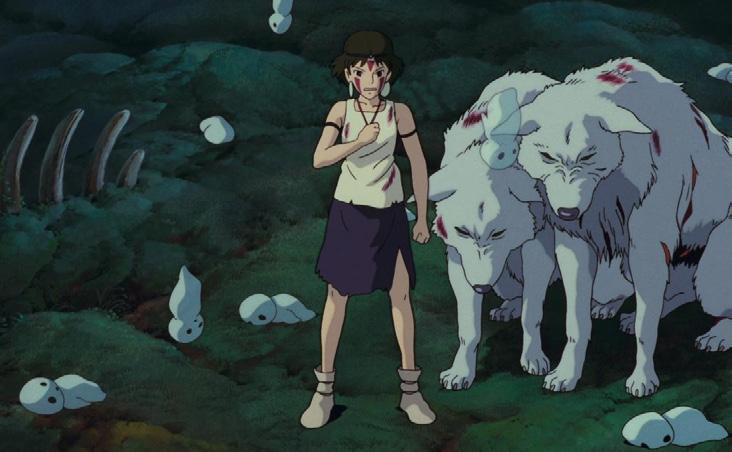
Princess Mononoke is one of Miyazaki’s greatest films. Miyazaki’s career is blatant about his love and concern over the environment and childish nostalgia, but Princess Mononoke approaches the dilemma of meddling with nature in a symbolic way. The main two opposing forces being San and Lady Eboshi. San and the animal gods fight to keep the forest safe, whereas Eboshi’s people intend to tear it down for their own benefit. Very representative of today’s society. The powerhouses of the film being two highly respected women offers insight on a world very different from our own, where the embodiment of mother nature is losing to the tirade of humanity. Perhaps we live in a future where the equilibrium of nature was never restored.
 Dir. Darren Aronofsky
Dir. Darren Aronofsky
Cléo de 5 à 7 (1962)
Dir. Agnès Varda


Cléo from 5 to 7 offers a perhaps less transparent approach to the themes of mother nature, but tackles the humanity and femininity in its own beautiful way. Cléo spends the duration of the film waiting for test results of whether she is going to die of cancer or not. This significance of life and death is one of the most natural things to happen to a human, and Cléo finds herself in the ninety minutes before her results de-constructing her vanity and instead ignoring it by confronting her mortality. Varda approaches this comment on mortality by observing the informality in which the female body is treated throughout the film. Cléo drops her vanity that drives her life by observing the power of mortality. We love Agnès Varda!
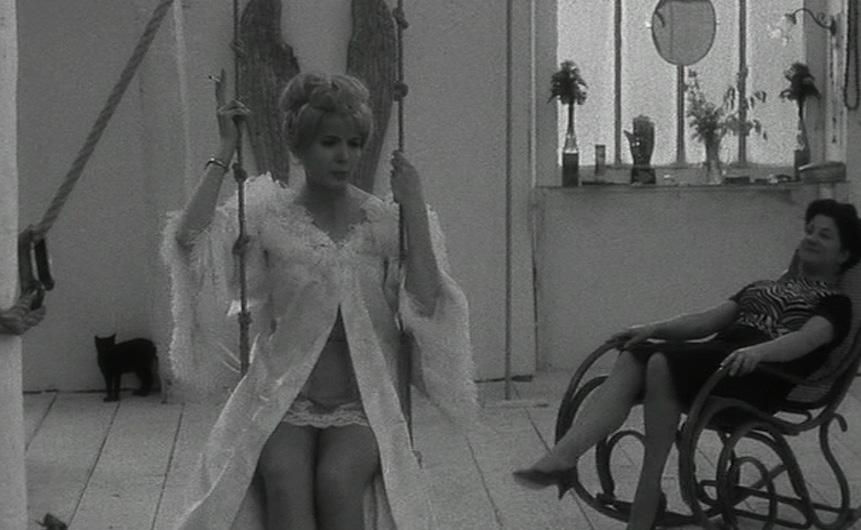
Raw (2016)

Dir. Julia Ducournau

French feminist filmmaker, Julia Ducournau stunned with her first feature debut at Cannes. Raw is a coming of age story of a young girl finding out she’s a little different from others. A cannibal. Ducournau approaches this niche topic with themes of growing up and scenes of gory violence. Justine, the protagonist, arrives as a freshman at a veterinarian college, where she is hazed, bullied and uncomfortable. Her body is a focal point throughout this, her cannibalistic tendencies symbolise change and the unknown of growing up. Ducournau portrays the female body in a very upfront nature to show that it is just a body, like everybody elses. And that the only women we see on screen are incredibly unrealistic. Ducournau portrays a raw power that resists categorisation by society.

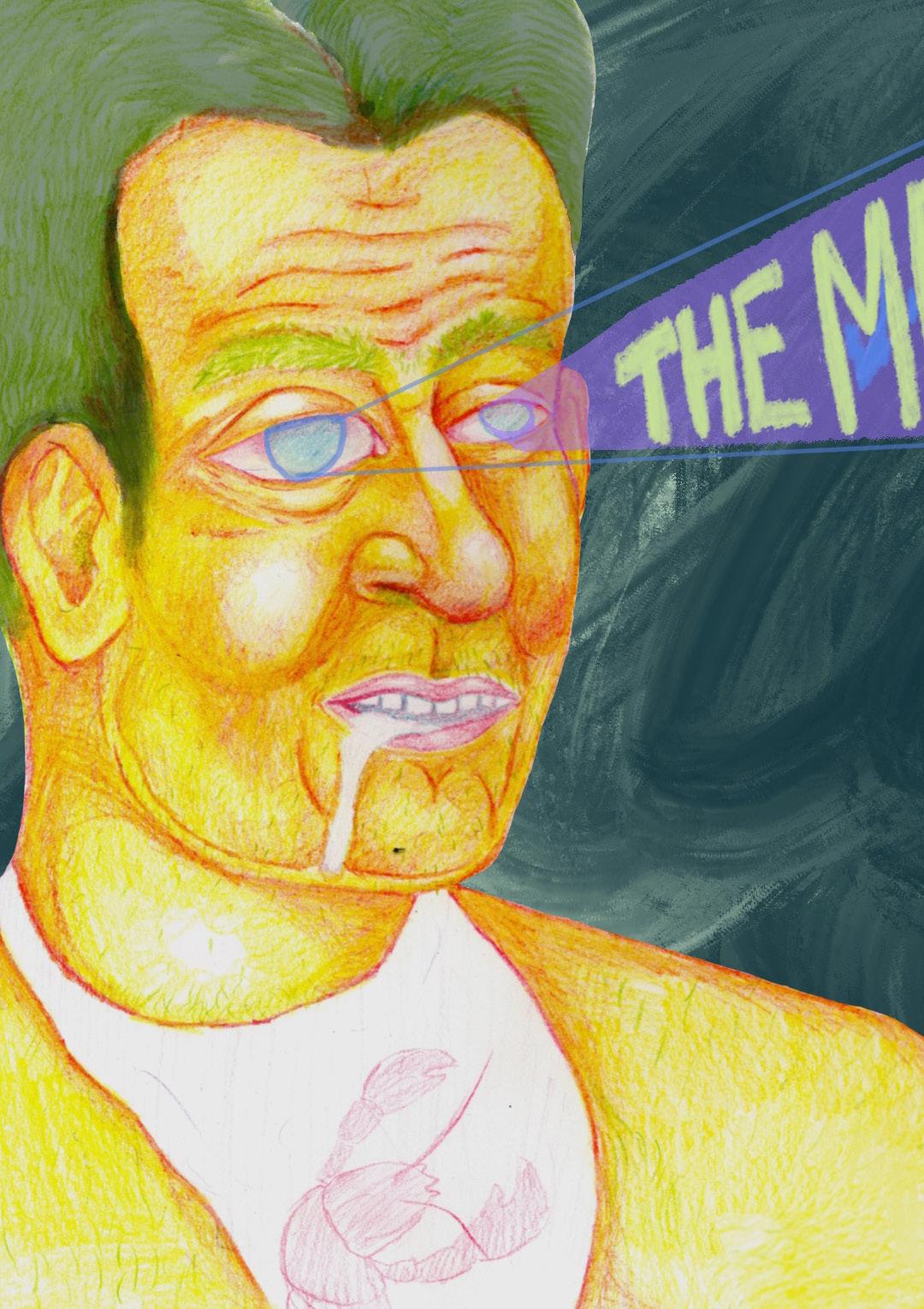

Mulvey, a salient feminist film theorist, coined the term the ‘male gaze’ in her 1973 essay ‘Visual Pleasure and Narrative Cinema’. Mulvey explains how Hollywood cinema is structured to look at women through a male point of view and regards them as mere (sexual) objects. And this was in 1973. Mulvey’s theory has transpired all types of cinema and media since. The ‘male gaze’ can be showcased in films such as The Wolf of Wallstreet (2013), Once Upon a Time in Hollywood (2019) and any James Bond film you can possibly think of. These examples all highly revered in their own fashion. Hitchcock and Scorsese’s, though incredible oeuvre, has seen to many accounts of misogynistic behaviour within filming and production. This is due to a domineering male presence that has loomed over Hollywood since the golden age, due to the general anthropocentric world that men live in.
A light dusting of female film directors covered that time, see Alice Guy Blaché – The Cabbage Fairy (1896), Dorothy Garzner -Dance, Girl, Dance (1940) as an introduction. Dorothy Garnzer holding the title of being the first openly queer women to direct a sound film in the 20’s to 30’s, which is quite a wonderful feat. But overall, with the plethora of cinema to view, women have been highly undervalued and undermined for their ability in film making for decades. Not only have women been undermined, but subject to objectification and dehumanisation in favour to be a source for male pleasure.
I have picked 4 films that depict this anti-male gaze well!


The Love Witch (2016)
Her fascination of 60s cinema, feminist values and personal aesthetics has allowed for Anna Biller’s feature film, The Love Witch, to stand out indefinitely in the realms of contemporary cinema! She pays incredible homage to 50s and 60s b-movies and horror flicks. But, Biller’s contemporary views manage to reincarnate the aesthetics of a period of film history shrouded in antiquated views.
Elaine, the love witch in question, uses the male gaze in her favour. She is man’s worst nightmare, a independent, secure in herself women. Billet uses character comically. Elaine is seen to be constantly vying for men’s attention, she even becomes a witch to try and learn ways to lure men in to love her, but the independence given to her is her own failure! Her body is taken advantage of by men, and she is able to give them their comeuppance!

Elaine’s power and fairly barbaric intentions allow for a female villain that isn’t dehumanised or falling into what a man decrees to be the right characterisation of evil. Elaine is an icon!
The Assistant (2019)


The Assistant is a fairly grim drama depicting the horrid world of office and corporate sexual harassment and abuse cases. Jane, our main character, is an overachieving college graduate slotted in as a low level assistant in high profile film and television company. The film was released in a similar time as the Harvey Weinstein offences, which speaks symbolically for factual state of women. Whilst The Assistant is a fictionalised story, it is based in reality. The way in which women are viewed in this film is very blatant, but spun on its head a little as we are in the point of view of a women who does not fit into these men’s standards. Jane is ridiculed and bullied throughout this film whilst the perpetrators excuse it by ‘just wanting to see her succeed’. This is a different form of treatment to the girl that is typically pretty and is brought in for a job interview, but subsequently becomes a victim because of her looks. Green is able to tell this story eloquently and with a real grit that truly shows off the dynamics of being a women in today’s workplaces.

 Dir. Anna Biller
Dir. Anna Biller
The Lure (2015)

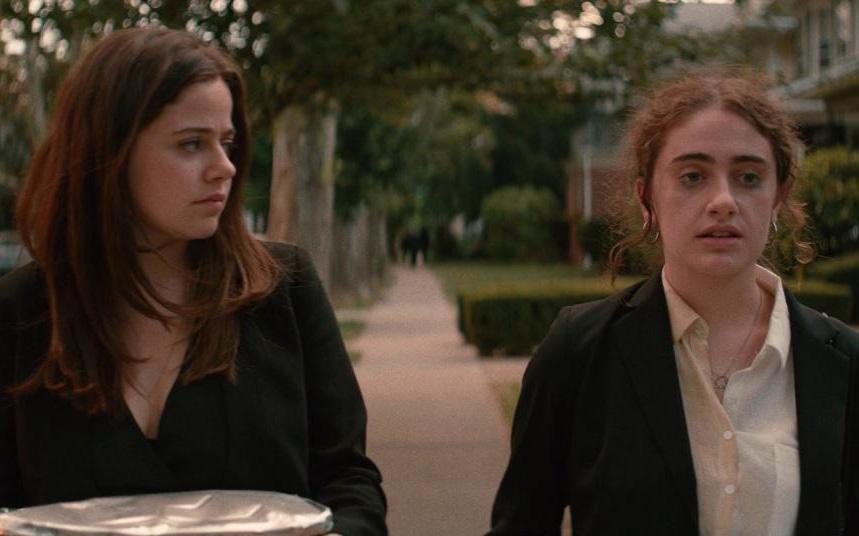
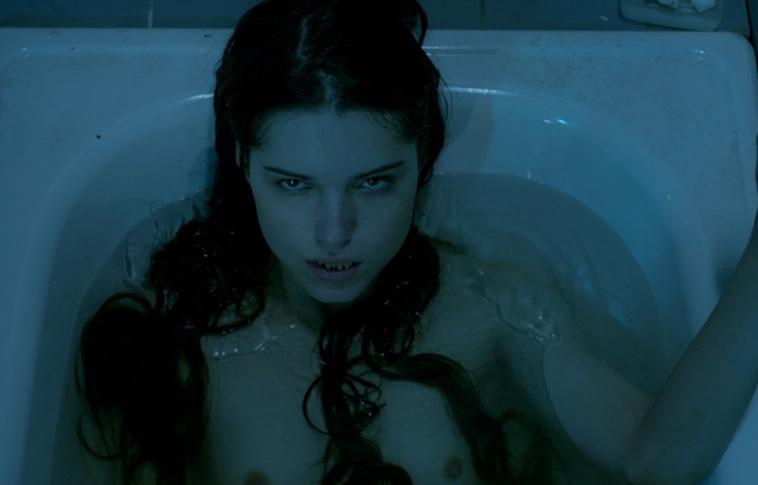

The Lure is a film alright. A crazy polish, nightmarish, gory rendition of Hans Christian Andersen’s classic The Little Mermaid. Smoczynska sets the scene in a alternate Polish own in the 1980s. Mermaid sisters are washed ashore and taken in by a cabaret club where there sing their siren songs and lure in the crowds. What makes this film even better is that it is a musical as well. The sisters are welcomed to a world of money, glamour, sex and romance, whilst having a taste for human flesh. The film is linear in its story telling and has a real fairy tale feel about it. The message of the film is about women changing themselves for men and the strength of sisterhood. Their mermaid anatomy is ignored by men in favour of their human forms being far more alluring than the slimy, porous and lesioned tails of theirs. Signifying men’s infatuation with sex. The theme of the male gaze in the film is vastly apparent through the sisters seduction turned massacre when they utilise the way men objectify women to fulfil their hunger for flesh. The Lure is an outrageous, anti male gaze turn on the classic tail-tale.
Shiva Baby (2020)
Shiva Baby, Shiva Baby, Shiva Baby. I love you Shiva Baby. Emma Seligman, who is Jewish herself, has succeeded whole heartedly in making a feminist film about Jewish families that juxtaposes much of popular similar today but gives the representation for these minority groups that they deserve. Seligman encompasses what it is like to be a young women in today’s society who is lost in sense of self and purpose post graduation. Danielle, our protagonist, is a charismatic enigma of a character with questionable intentions and a close knit group of a family. She attends the Shiva of a dead relative where all of the people who watched her grow up attend. She is forced into conversations about her future, relationships, appearance and much more. The tension and claustrophobia that is built is masterful film making. The short snapshot of life that is Shiva Baby is brief and open ended, but gives the audience a brief insight on what it is to be a contemporary women with themes of questioning your sexual identity, falling out of the male gaze and ultimately, taking life as it comes.
 Dir. Agnieszka Smoczynska
Dir. Agnieszka Smoczynska




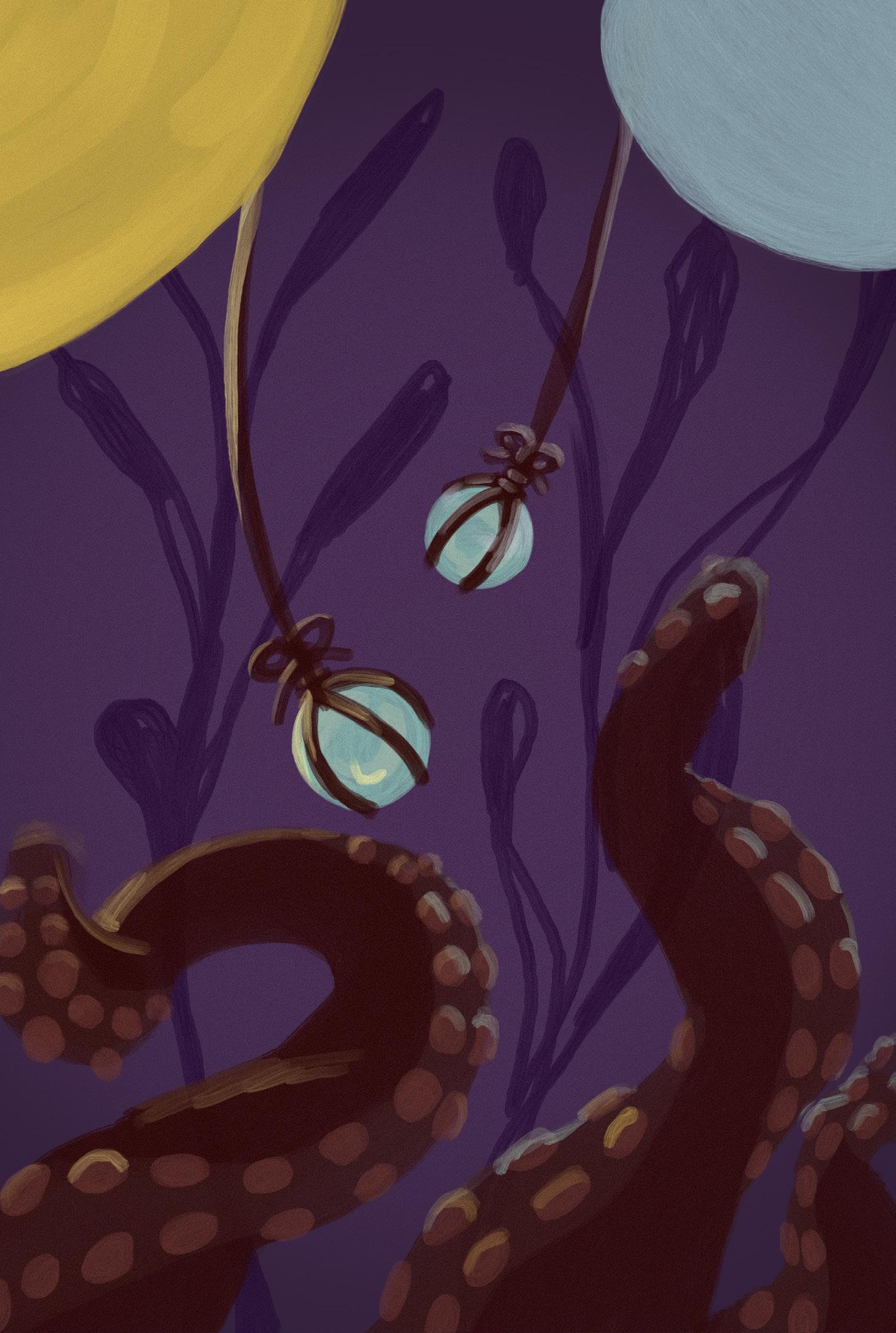
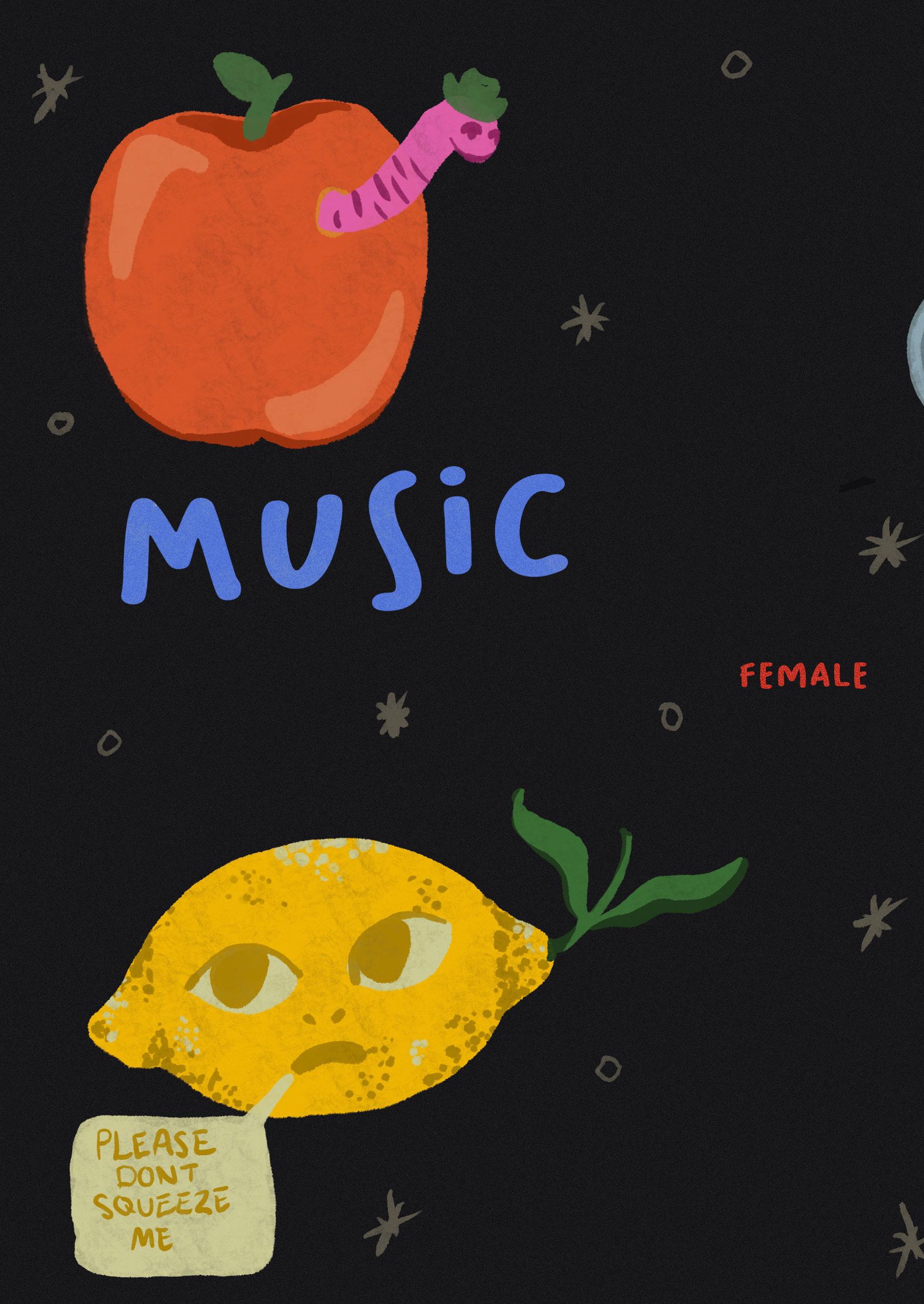
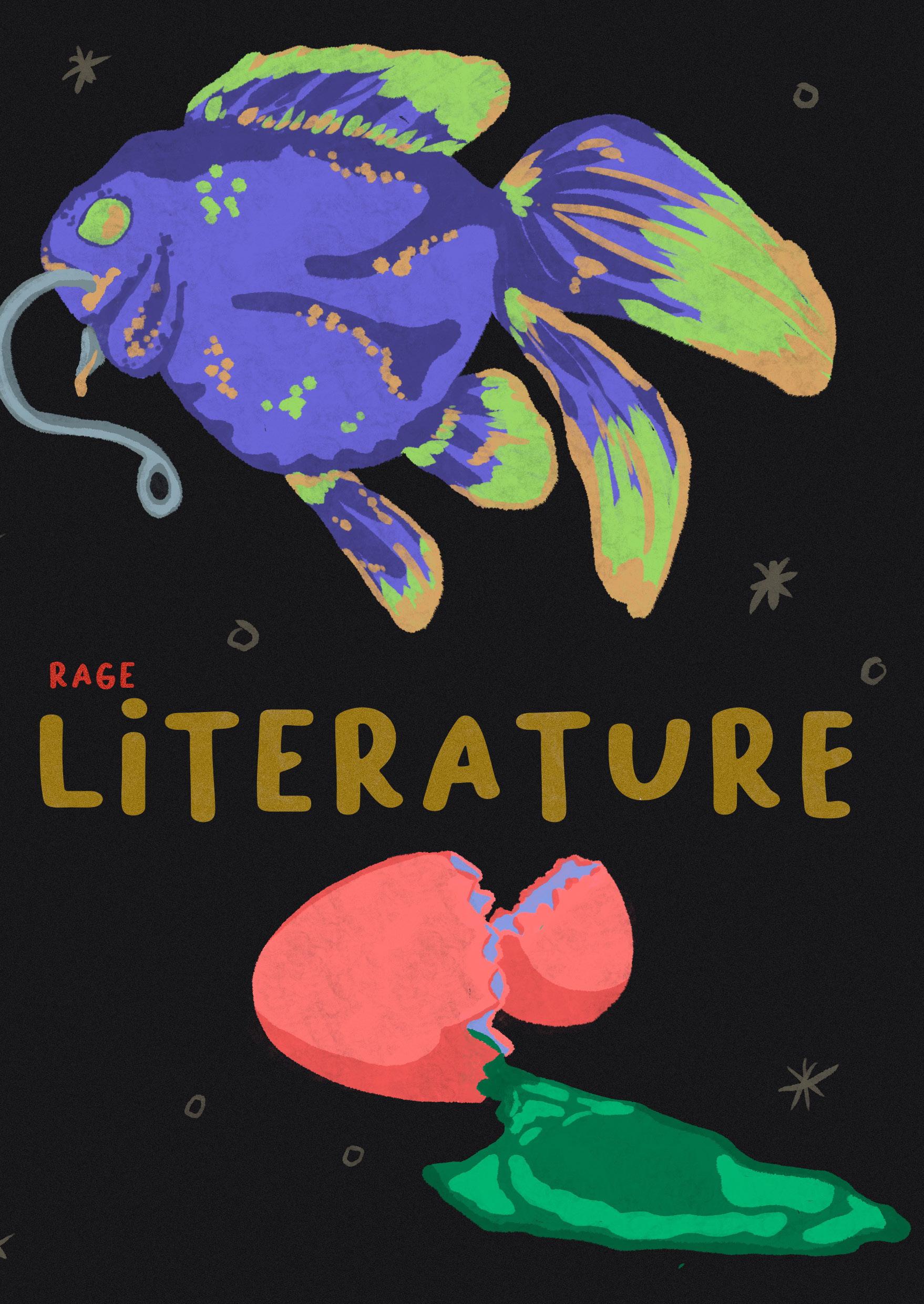


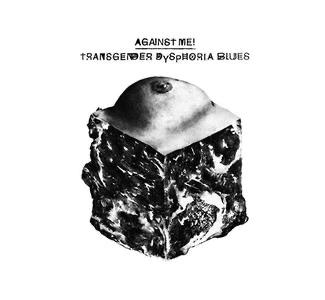

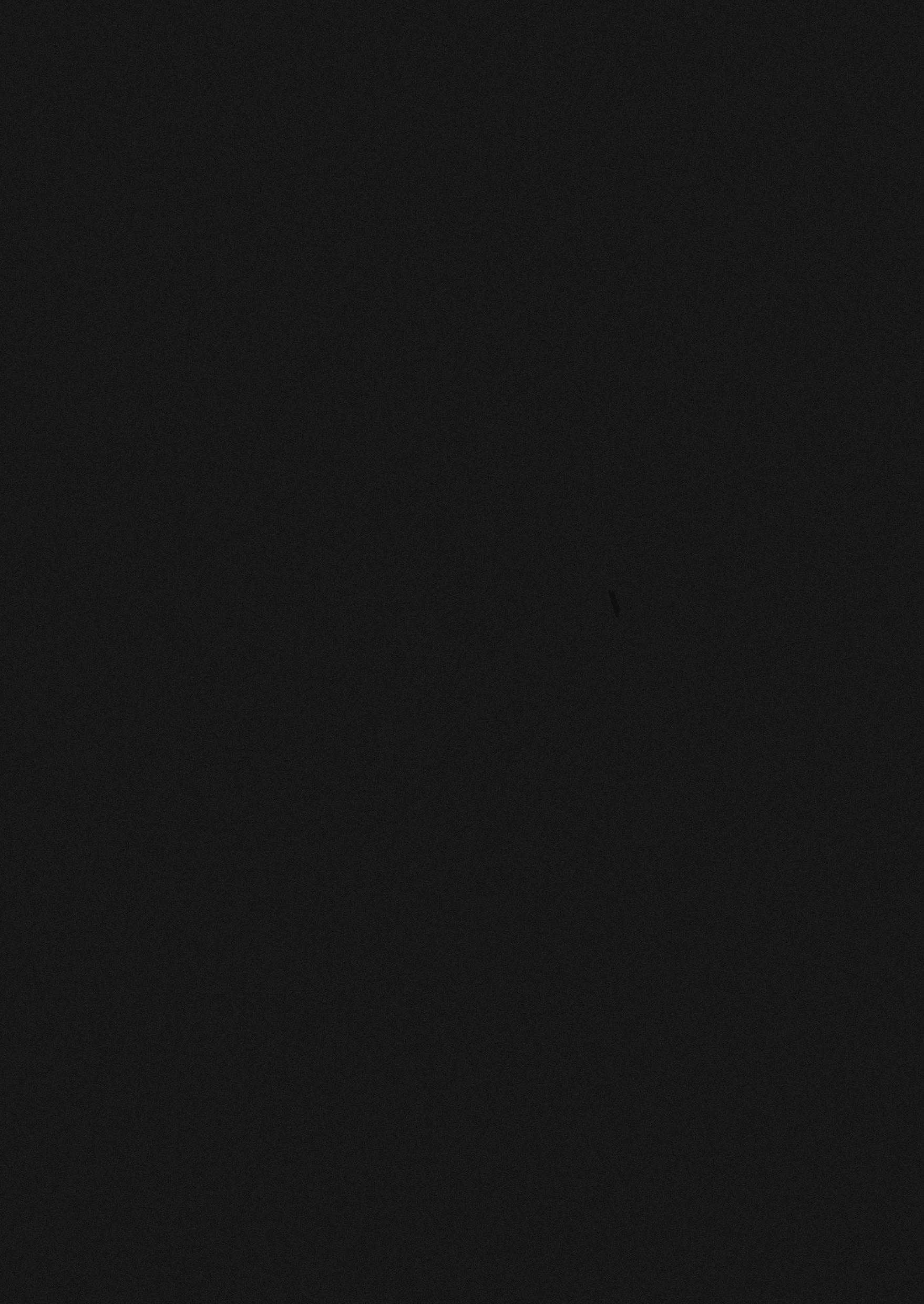

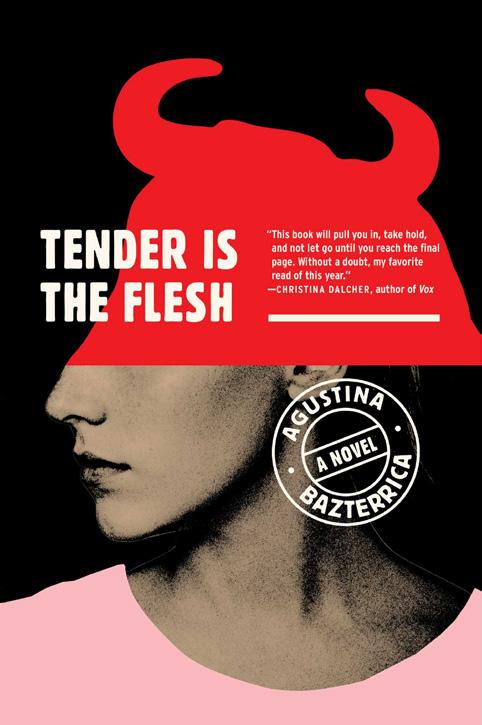
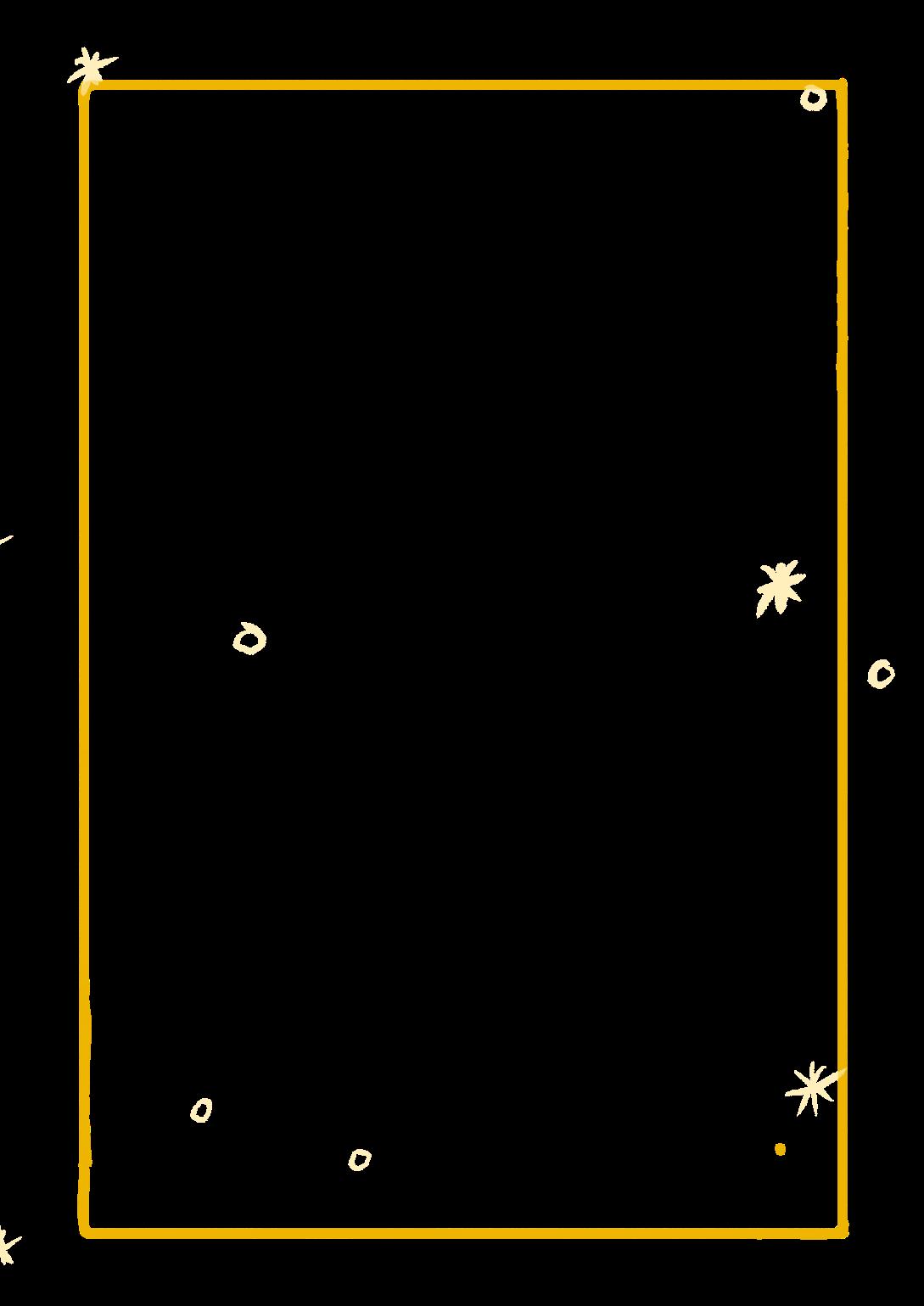
 Kate Elizabeth Russell
Kate Elizabeth Russell
